Doctors’ agitation highlights India’s need for universal healthcare | Analysis Premium
The rape and murder of the doctor at Kolkata’s R.G. Kar Medical College triggered nationwide protests. At present, junior doctors in Kolkata have been on hunger strike for nine days and their peers in other parts of the state have expressed support with symbolic strikes of their own. Three doctors on hunger strike have already had to be hospitalised after their conditions deteriorated. The State government has thus far punished many police and administrative officials.
Even through breaks in their agitation, the health workers have maintained that their underlying issues are far from resolved. Their protest has sought among other things a complete overhaul of the healthcare system. They have reported working 36-hour shifts with meagre allowances, no proper rest rooms or toilets, and being left vulnerable to violence in the workplace.
One consequence of this state of affairs has been a corrupt collusion between some acquisitive doctors, corporate entities, pharmaceutical companies, and political traders taking advantage of patients desperately seeking timely and good-quality care.
For one, the actual number of doctors and healthcare workers in rural primary and community health centres is lower than in urban areas. Junior doctors have complained that the State government’s claim to have built super-speciality hospitals in different districts is meaningless because there are too few health workers to staff them and not enough essential medicines and equipment either. Where some equipment is available, their use is held back by the lack of skilled operators.
When freshly minted doctors are deputed to work in these centres, they are exposed to patients’ and their families’ frustration over the poor facilities. This reality has persisted irrespective of the party in power. And again, this state of affairs is not unique to West Bengal.
The healthcare syndicates operating in West Bengal’s hospitals are a good example of such corruption. As part of its suggested solutions, the Transparency International report asks the sector’s stakeholders and employees to come forward as whistle-blowers to stem the rot. The junior doctors and others agitating in Kolkata and other cities are currently essaying this role.
In any healthy democracy, the government should be fully responsible for ensuring its citizens’ basic rights, including education and healthcare. Paving the way for higher healthcare expenses and not improving infrastructure and staffing is an abdication of this responsibility.
In sum, this is why it is imperative for India’s governments to listen to the junior doctors’ complaints and demands. In line with the aspirations of a welfare state, the government must post-haste increase its healthcare spending and demonstrate its commitment to eliminating corruption.
Norman Bethune, a Canadian doctor who devoted his life to serving the poor, travelled around the world and attended to care-seekers during the Spanish Civil War as well as the Sino-Japanese conflict. He eventually died on the battlefront in 1939 when tending to Chinese soldiers. He was critical of the idea of health being treated as a market-commodity and said: “Medicine, as we are practising it, is a luxury trade. We are selling bread at the price of jewels. Let us take the profit, the private economic profit, out of medicine, and purify our profession of rapacious individualism. Let us say to the people not ‘how much have you got?’.”
Anindya Sarkar is professor, Department of Geology and Geophysics, IIT Kharagpur.
Published - October 14, 2024 05:30 am IST
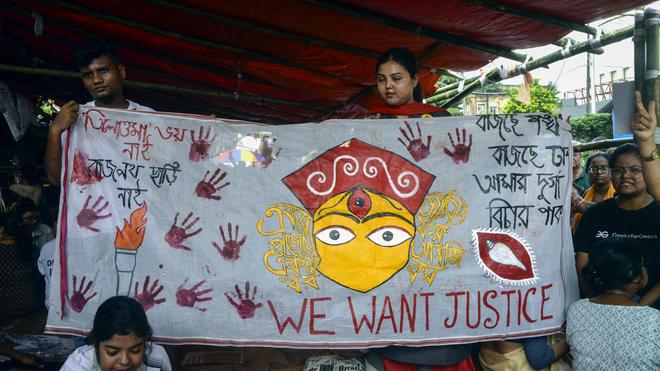
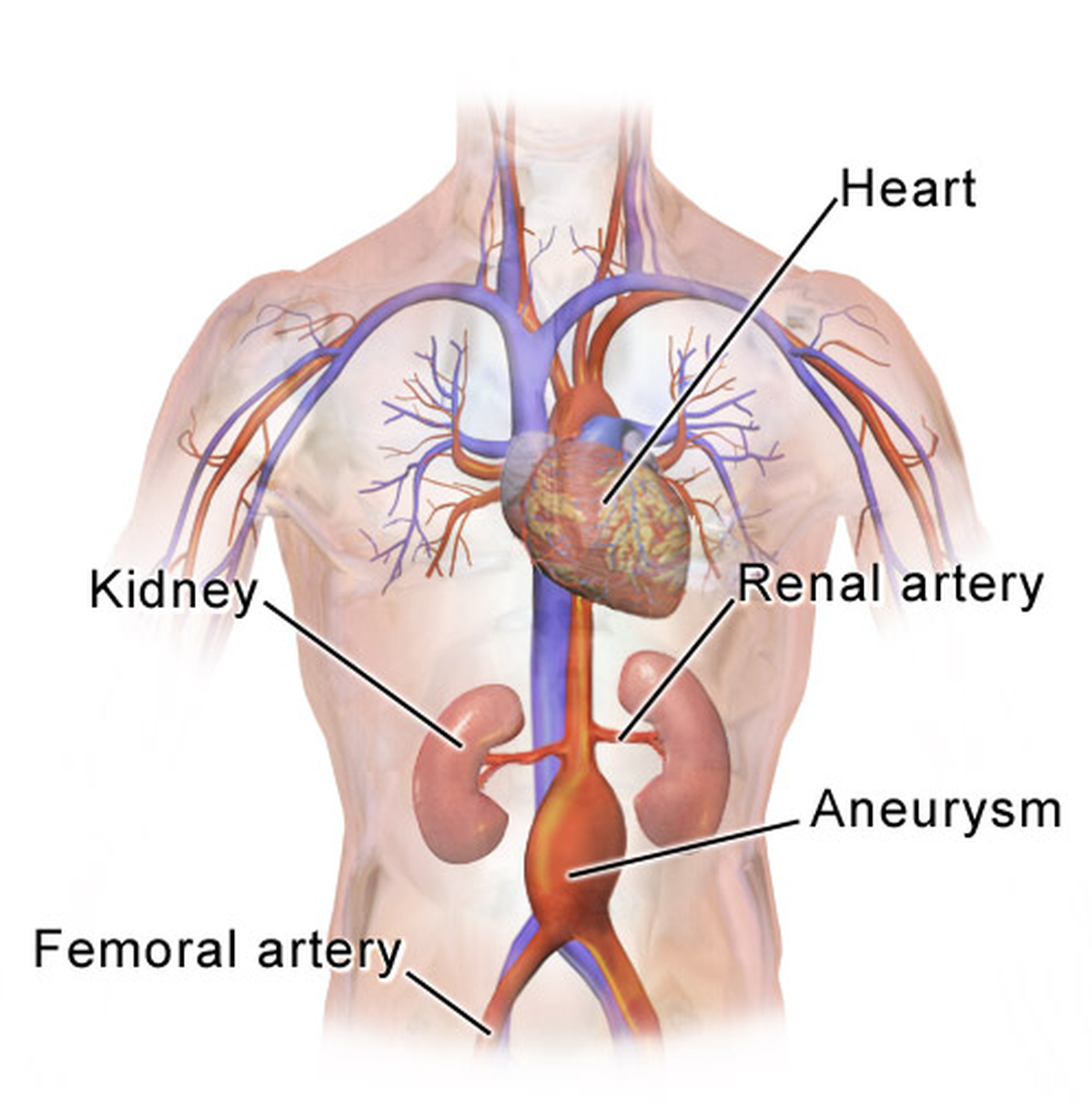


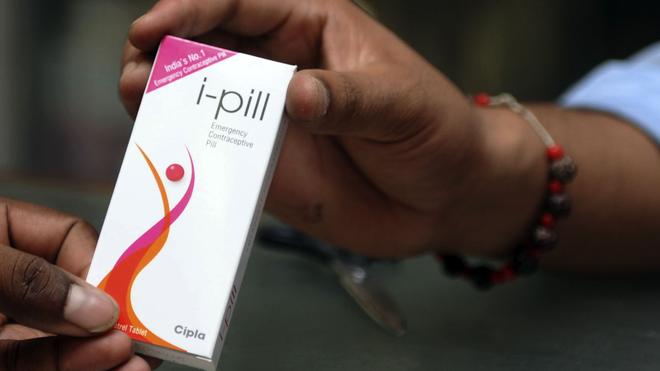


)





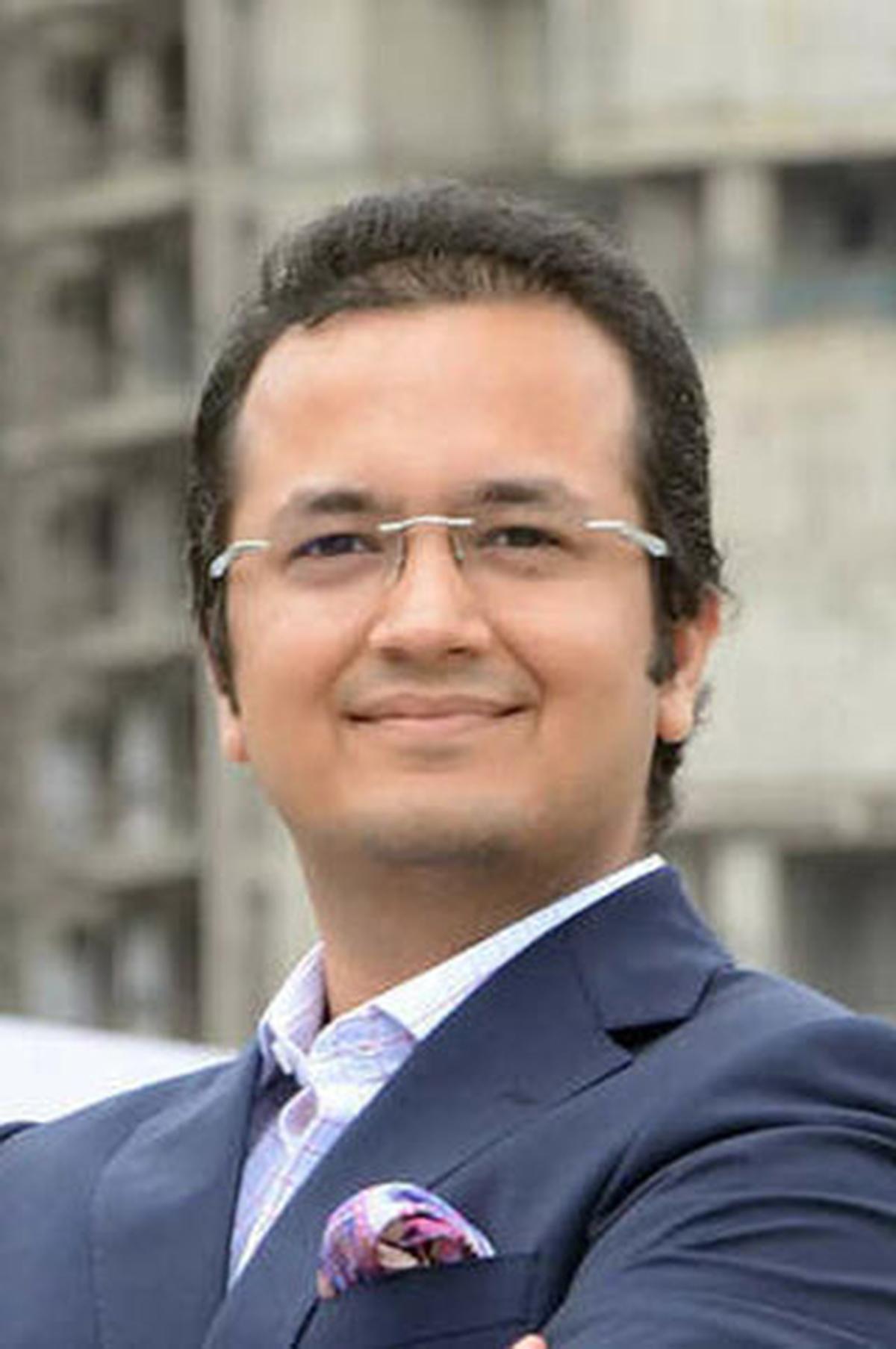
)
)

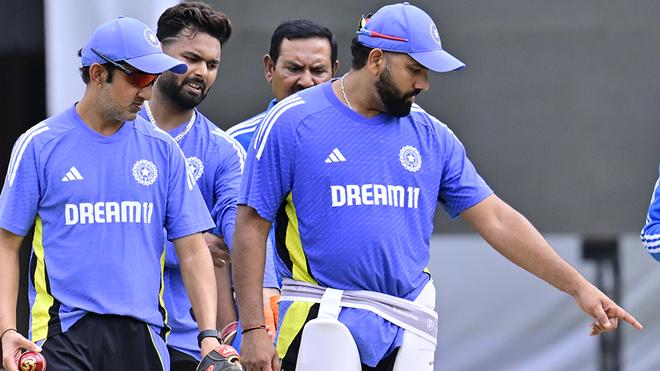
)

)
)
